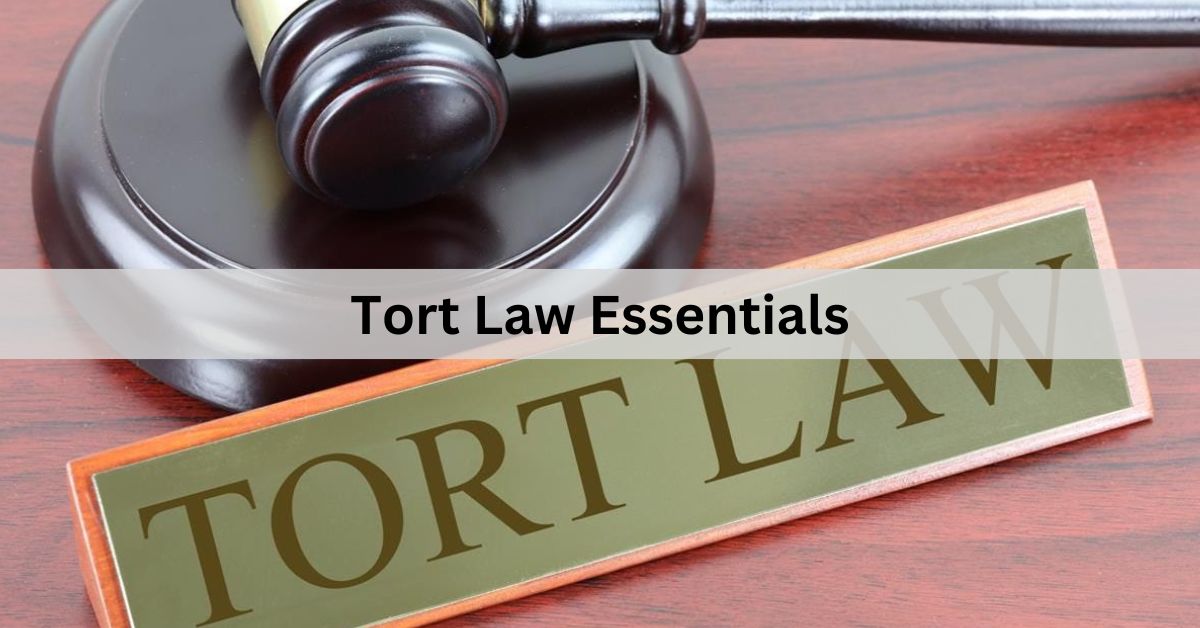Tort law forms a crucial aspect of legal systems worldwide, governing civil wrongs that result in harm or injury. This body of law addresses various scenarios where individuals or entities may seek compensation for damages inflicted upon them. Whether you’re a law student, a professional in the legal field, or simply curious about your rights, grasping the essentials of tort law is invaluable.
What is Tort Law?
Tort law encompasses civil wrongs that don’t arise from contractual obligations but rather from wrongful acts that cause harm. These acts are typically categorized as intentional torts, negligence, or strict liability. Understanding these distinctions is vital in determining liability and seeking appropriate remedies.
Categories of Tort Law
- Intentional Torts: These occur when harm is deliberately inflicted, such as assault, battery, or defamation. Intent plays a pivotal role in proving liability in these cases.
- Negligence: The most common type of tort, negligence involves failing to exercise reasonable care, leading to harm to another party. Elements such as duty, breach of duty, causation, and damages must be established to prove negligence.
- Strict Liability: In some cases, liability may arise regardless of fault or intent, such as in product liability claims or cases involving inherently dangerous activities.
Key Principles
- Duty of Care: Central to negligence cases, duty of care refers to the legal obligation to avoid causing harm to others.
- Causation: Establishing a direct link between the defendant’s actions (or failure to act) and the harm suffered by the plaintiff is crucial in tort cases.
- Damages: Plaintiffs must demonstrate that they have suffered actual harm, whether physical, emotional, or financial, due to the defendant’s actions.
Importance in Real Life
Tort law governs a wide range of scenarios, from personal injury claims resulting from accidents to complex corporate disputes. For instance, it determines liability in medical malpractice cases, where patients seek compensation for harm caused by negligent medical treatment.
Evolution and Contemporary Issues
Tort law continues to evolve with societal changes and technological advancements. Issues such as cybersecurity breaches, environmental harm, and rights to privacy have prompted adaptations in tort principles to address new challenges in our interconnected world.
Conclusion
Understanding tort law essentials is crucial for anyone navigating legal disputes or seeking to uphold their rights. Whether you’re a legal professional or someone interested in their rights and responsibilities, grasping these fundamentals empowers you to navigate the complexities of civil wrongs and seek justice when harm occurs. Stay informed, stay aware, and ensure your actions are guided by a solid understanding of tort law principles.


